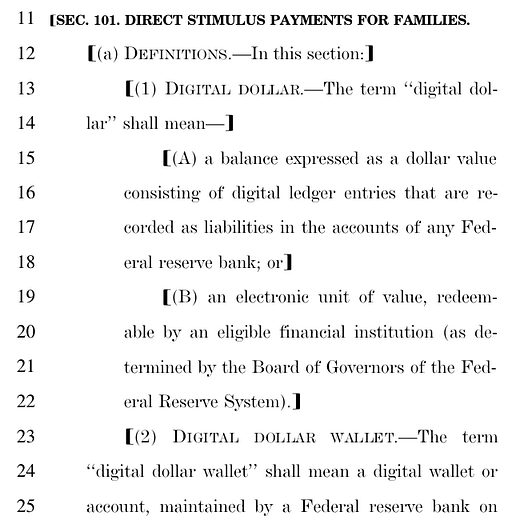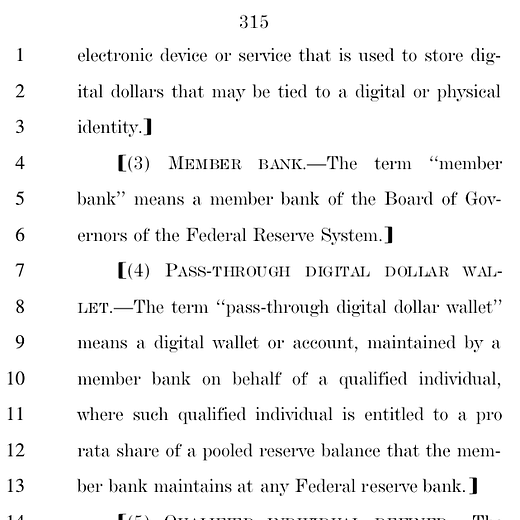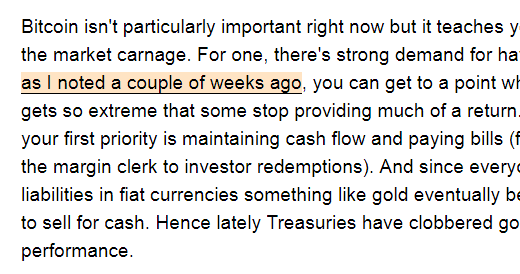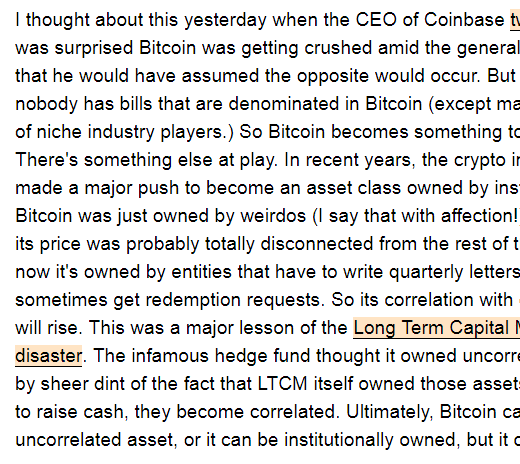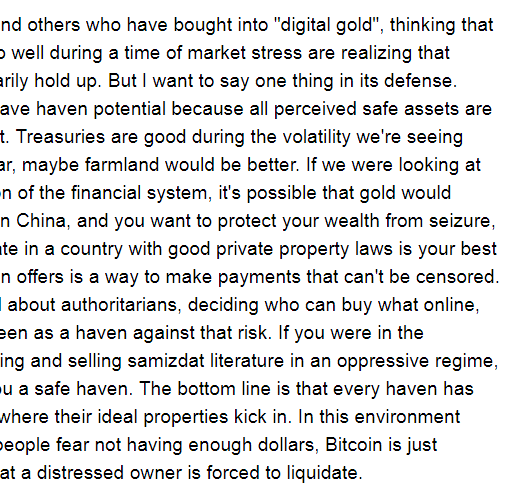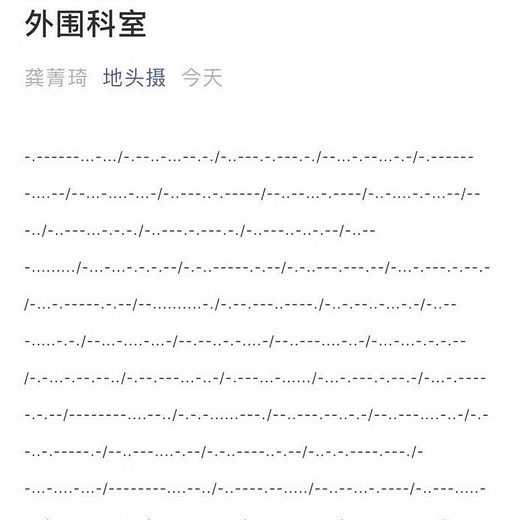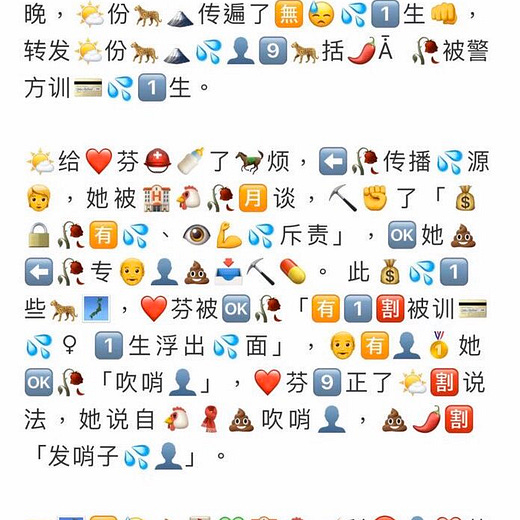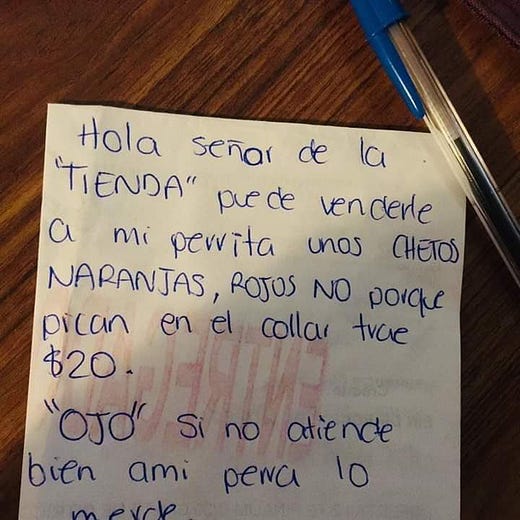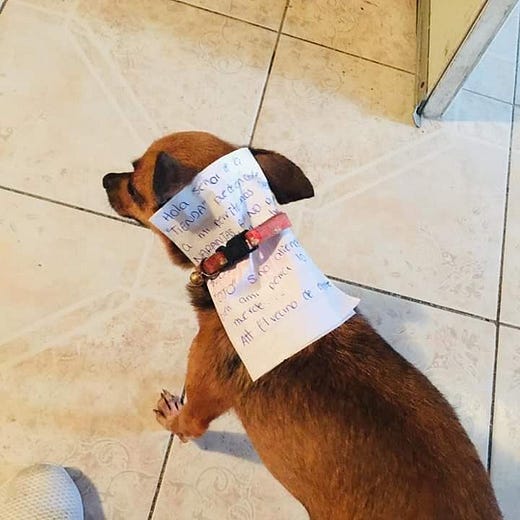some links for you
i read everything so you dont have to - 3/27/2020
Some “digital dollar” stuff popped up in the Coronavirus stimulus package
Then it was dropped. But the idea is still floating around. Public option bank accounts are not really in our cryptocurrency wheelhouse. This language has gotten people talking about “digital dollars” (which are already mostly digital btw) and there is some thinking that it’s a cryptocurrency thing. So far it hasn’t been, and it probably won’t be anytime soon. We’ll keep an eye on it anyway.
Using geolocation and other data to track and alert people who either have or might have the virus makes sense in the midst of a global emergency. But it’s hard to square that need with the knowledge that once a trove of personal data exists it seems to exist forever, and once a government or other powerful entity has access to data they tend not to let it go.
Here are some articles that got me thinking more about that.
From the New York Times, “As Coronavirus Surveillance Escalates, Personal Privacy Plummets”:
As countries around the world race to contain the pandemic, many are deploying digital surveillance tools as a means to exert social control, even turning security agency technologies on their own civilians. Health and law enforcement authorities are understandably eager to employ every tool at their disposal to try to hinder the virus — even as the surveillance efforts threaten to alter the precarious balance between public safety and personal privacy on a global scale.
Yet ratcheting up surveillance to combat the pandemic now could permanently open the doors to more invasive forms of snooping later. It is a lesson Americans learned after the terrorist attacks of Sept. 11, 2001, civil liberties experts say.
Also NYT, “To Track Coronavirus, Israel Moves to Tap Secret Trove of Cellphone Data”:
The existence of the data trove and the legislative framework under which it is amassed and used have not previously been reported.
...
The Shin Bet has been quietly but routinely collecting cellphone metadata since at least 2002, officials confirmed. It has never disclosed details about what information it collects, how that data is safeguarded, whether or when any of it is destroyed or deleted, who has access to it and under what conditions, or how it is used.
From Wired, “How Surveillance Could Save Lives Amid a Public Health Crisis”:
Government officials are anxious to tap the information from phones to help monitor and blunt the pandemic. White House officials are asking tech companies for more insight into our social networks and travel patterns. Facebook created a disease mapping tool that tracks the spread of disease by aggregating user travel patterns.
Such efforts clash with people’s expectations of privacy. Now, there's a compelling reason to collect and share the data; surveillance may save lives. But it will be difficult to draw boundaries around what data is collected, who gets to use it, and how long the collection will continue.
Here’s a thread from the author of that last one with some more thoughts from smart people:
There’s also thinking about decentralized, private, contact tracing happening in the cryptocurrency world. Something to consider.
This seems sensible.
Reporters Without Borders built a censorship-free digital library in Minecraft.
As Gizmodo reports:
Minecraft is still accessible in countries that tightly control what is reported about their governments, and Reporters Without Borders is now using this loophole to bypass internet censorship.
“Their forbidden articles were republished in books within Minecraft, giving readers the chance to inform themselves about the real political situation in their countries and learn the importance of press freedom,” says The Uncensored Library on its website.
It’s also quite impressive looking.
I love to see gamers rising up to defeat censorship. Though I wonder how much longer Minecraft will be accessible in those countries.
Speaking of censorship, this reporter mentions that some people have turned to “blockchain” and various coded languages to share a critical article in China.
Historically Ethereum’s public blockchain has been used for this. I wish there were more information.
Someone sent their dog to get Cheetos.
If you think this is good please subscribe, share, or RT.



